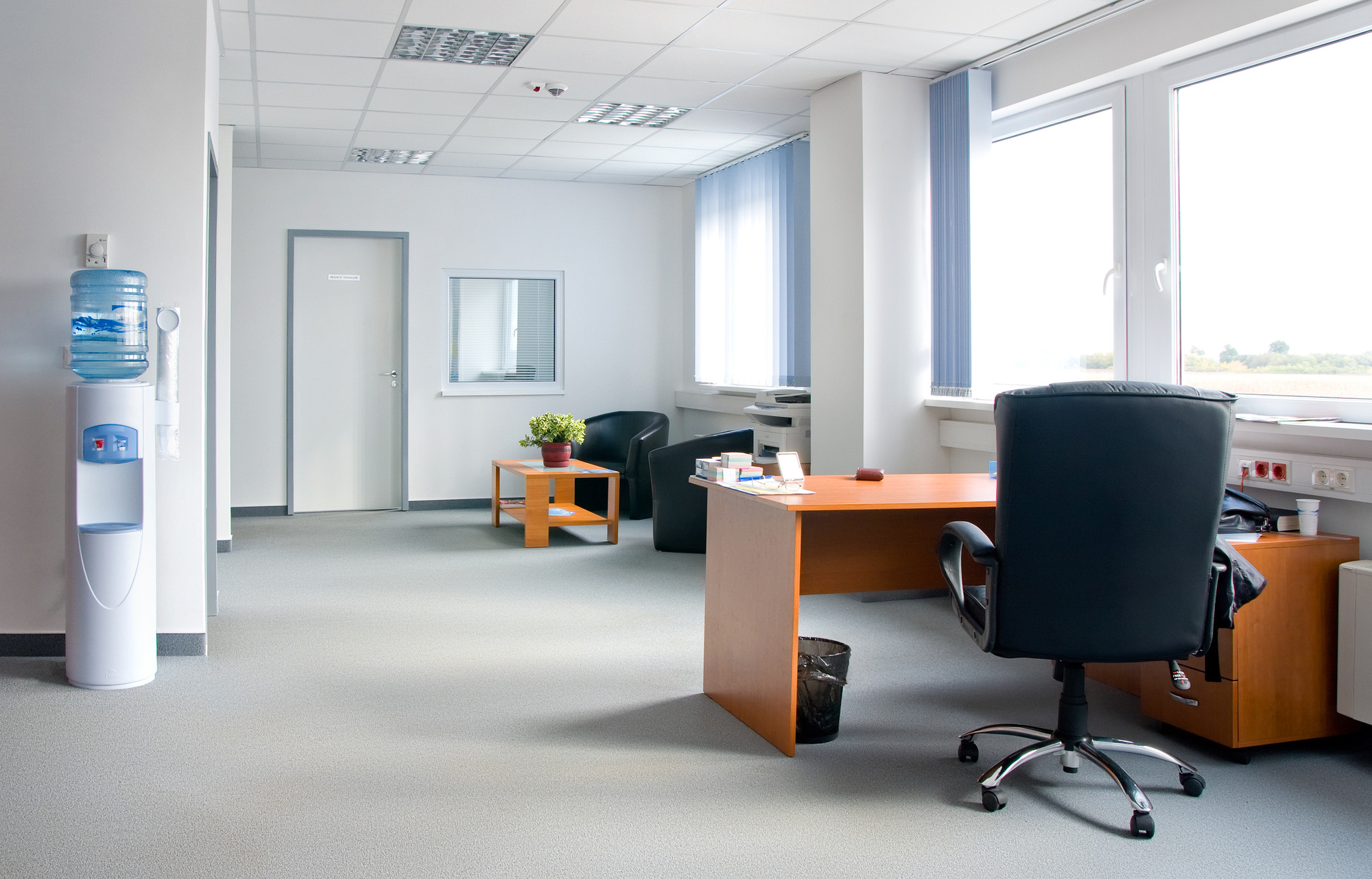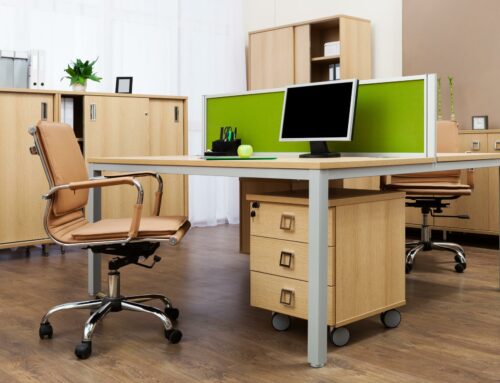7 Factors to Consider When Choosing a Physical Office Space
Customers make business decisions based on their perceptions of the business or brand. Because of this, firm owners and entrepreneurs may need to endeavor to improve perceptions about their enterprises. Physical office spaces are a good platform to present your business to your clients. Below are seven factors you should consider when you shop for office space for your business.
1. Accessibility
Location is a paramount factor that cannot be overemphasized. Seek spaces that are convenient for your clients. Offices near public transportation and major roads are convenient for clients and employees.
Additionally, ensure that the lifts in the office building work to ease access to your office. Accessible, ample parking space is also necessary. A great location ensures clients will not be inconvenienced when doing business with you.
2. Proximity to Competitors
Get space near your competitors to boost your visibility and relevance. Customers like comparing services, prices, and quality. When you are close by, you become an option when clients are dissatisfied or want a change.
In some circumstances, it is best to be far from your competitors — particularly when your competitors are market giants or offer additional, superior services to yours. Do your research and assess your strength and weakness before you decide.
3. Office Space Atmosphere
Inspect the office space before you commit. Spend some time in the office to ensure that the noise from surrounding businesses is tolerable. Discuss with the management about possible adjustments you require that will bring out the best ambiance. Customization is essential if you want to build a brand. Create an atmosphere where clients and employees will be comfortable spending their time.
Additionally, high-growth enterprises should seek spaces that have room for expansion. Project your data to see how many employees you might hire soon and make decisions accordingly.
4. Infrastructure
Confirm that the infrastructure in the building is up to date. For example, the telephone and internet connections should be reliable. Enquire from adjacent offices if they experience any challenges with connectivity. Power outages can also interrupt your daily work. Check if the building has an alternative source of power. Additionally, postal services are necessary for some businesses. Enquire if the office has a dedicated postal service.
Be aware of any infrastructural challenges, and plan to mitigate them should you commit to the office space.
5. Cost
When you consider the cost, try to strike a balance. Settle for space that you will not have to break an arm and a leg to afford. You are in business to be profitable. Also, try not to demean the value of your brand. Compare the value with nearby offices to ensure you get value for money. Check out for any hidden charges like parking fees or maintenance charges.
6. Health, Safety, and statutory Requirements
Confirm that all health and safety guidelines have been complied to. Fire safety protocols should be clear to you and your employees. And because insurance coverage for the workplace will come in handy if hazards happen, work closely with a lawyer or a professional to ensure your office is insured.
7. Exit Plan
Due to unavoidable circumstances, you might need to terminate your rental lease. Read through the lease agreement and understand the requirements. Negotiate if you are not comfortable with the terms and conditions. Only commit to contingency terms that are favorable to your business. This will facilitate a smooth flow when you choose to close shop.
If you are looking for office rental space, contact us. PS Executive Centers offers private offices, shared offices, team rooms, and project space. We offer fully serviced offices at flexible terms and simple contracts.




